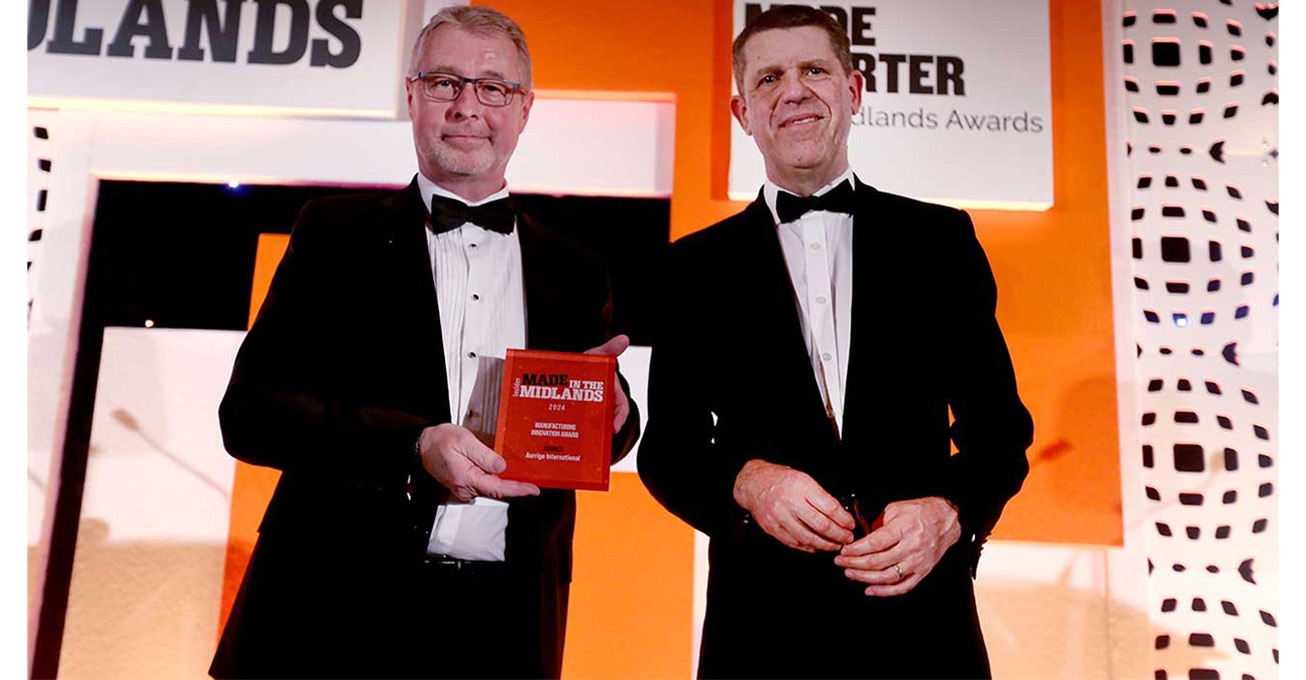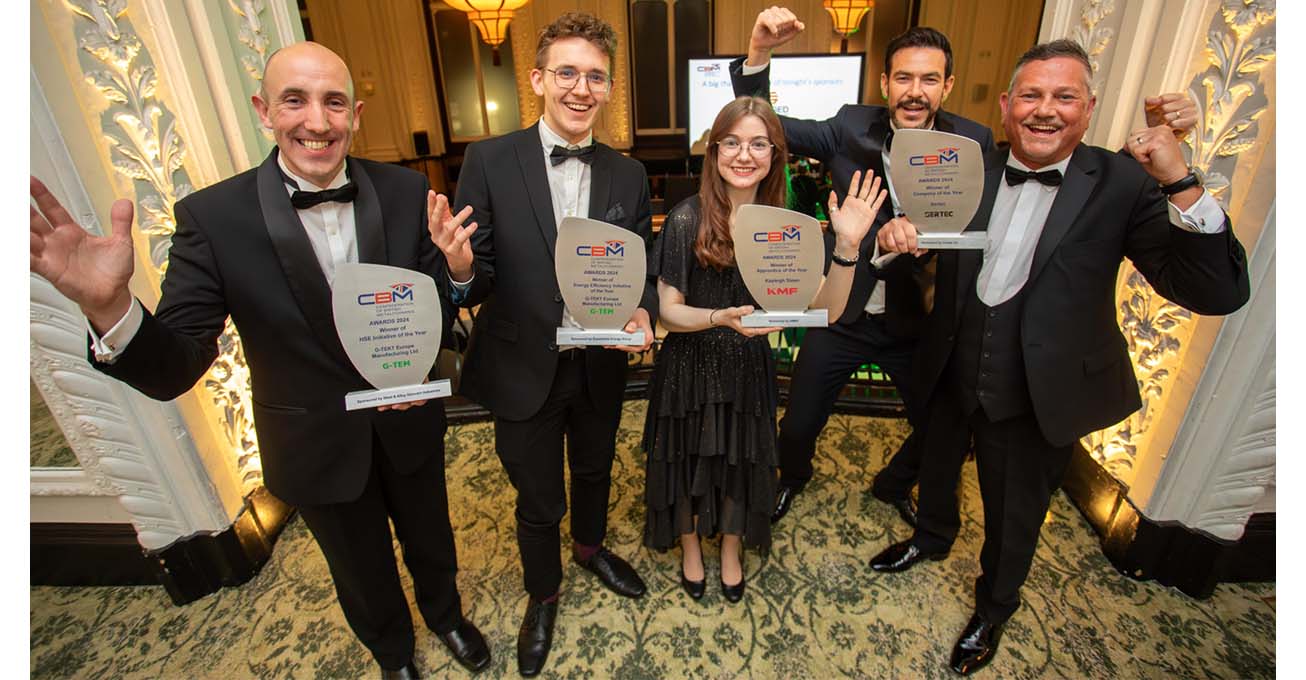4000 UK consumers have their say, Ecover comes top.
55% of UK consumers consider manufacturers the most important player in tackling climate change (second behind the Government).
With sustainability being increasingly important, market research agency Impact asked 4000 UK consumers to rank 70 FMCG brands, based on sustainability across social responsibility, environmental friendliness, financial responsibility, and ethics. Brands covered a variety of categories, including food & drink and household products. The latest results show which brands consumers see as most and least sustainable, and year-on-year comparisons. This study has been ongoing for 4 years.
Household brands continue to dominate the top 3, with Ecover, Method and Smol leading the way, while The Cheeky Panda also falls within the top 10.
| Ranking | Top 10 2023 | Top 10 2022 |
| 1 | Ecover | Ecover |
| 2 | Smol | Method |
| 3 | Method | Smol |
| 4 | Oatly | The Collective Dairy |
| 5 | The Collective Dairy | Linda McCartney Foods |
| 6 | Linda McCartney Foods | Oatly |
| 7 | The Cheeky Panda | Alpro |
| 8 | Quorn | The Cheeky Panda |
| 9 | Innocent | Quorn |
| 10 | Hippeas | Innocent |
Consumers place high importance on sourcing and packaging when considering the sustainability credentials of FMCG brands, and these are areas where the top 10, in particular household product brands, excel. Smol, Ecover, Method and The Cheeky Panda all score highly amongst consumers for reducing their plastic waste, minimising the impact of packaging on the environment, and using ethically-sourced ingredients and/or materials. These are all areas which these brands have at the core of their messaging, suggesting they are successfully communicating and proving these actions to consumers.
With growing consumer demands for ethical and eco-conscious products, sustainability is critical for brands, but the level of scepticism towards eco-claims is still high. In the UK 37% don’t believe the sustainability claims brands make, so credibility is especially important. In today’s market, consumers are astute and discerning, closely examining the authenticity and accuracy of a brand’s claims, especially with the increasing reports of greenwashing. It is imperative for brands to ensure that their communications are both transparent and accurate. Misrepresenting or overstating sustainability efforts can significantly damage a brand’s reputation, as consumers are increasingly sensitive to corporate social responsibility and environmental impact.
This is where the aforementioned household brands are really taking the lead. Ecover, Method, Smol and The Cheeky Panda are the top 4 brands amongst consumers for perception measures such as “genuinely caring about the environment” and “having a clear environmental agenda”, suggesting their messaging and initiatives are not only informative, but also credible. This credibility is reinforced by tangible differences, such as the packaging consumers see on the shelf.
Tom Gould, Managing Director at Impact says: “Although sustainability hasn’t been adopted into every consumer’s decision-making, it has evolved into a significant demand influencing a growing number of choices. Packaging, sourcing and waste now stand as key determinants, but there’s work to be done for brands to align their practices with public expectations.
However, amidst this surge in sustainability, quality and price remain the bedrock of consumer decisions. It’s a journey towards a more sustainable future, where brands must not only adopt eco-friendly practices but also transparently communicate their efforts, navigating the delicate balance of quality, price, and a commitment to the planet.”







